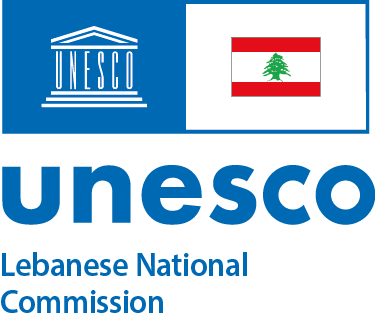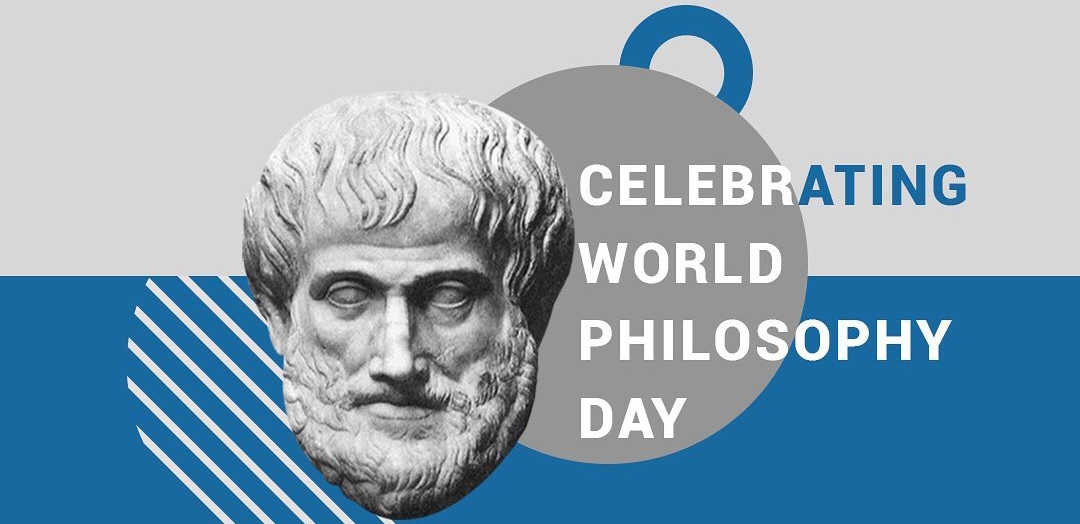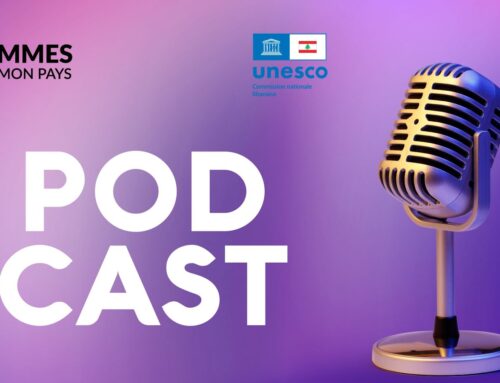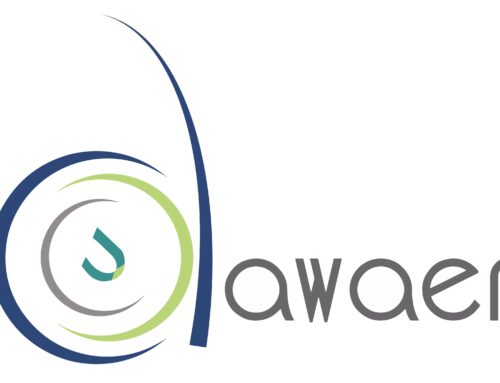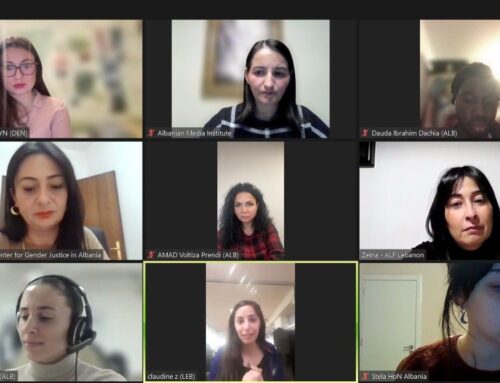On the occasion of World Philosophy Day 2020, the Lebanese National Commission, UNESCO Beirut Office and the International Center for Human Sciences – Byblos under the auspices of UNESCO organized on Thursday 19 November an online dialogue on “The new practices of philosophy for social change: Educational approaches to learning to live together in all circumstances”, to highlight the role of the university and the school in sensitizing young people to critical, independent and free thinking, in order to achieve social change based on intercultural dialogue, respect for diversity and human dignity.
After the opening addresses by Dr. Tala Zein (LNCU Secretary General), Dr. Hamed Al Hammami (UNESCO Beirut Office Director), and Dr. Darina Saliba Abi Chedid (CISH-Byblos Director), an inaugural speech “Learning to think and dialogue, is to learn to live together in all circumstances” was given by Dr. Claudia Chamoun Abi Nader (Member of the LNCU Executive Bureau and University Professor), who also moderated the session.
The first dialogue raised the issue “How can teaching or practicing philosophy with young academics contribute to social change: Challenges of teaching philosophy at university level”, and included interventions by Dr. Nadim Mohsen (Philosophy Professor at LAU), Prof. Patrice Vermen (Emeritus professor of Philosophy at University of Paris 8, Doctor honoris causa at the University of Buenos Aires and the University of Chile), and Dr. Belko Ouologuem (Professor of Philosophy at the University of Arts and Humanities of Bamako).
The second dialogue tackled the theme “The teaching or practice of philosophy with children: New educational approaches” and included two interventions. The first one by Mr. Bassam Abou Ghoush (Head of philosophy department at CERD – Ministry of Education and Higher Education) titled “Philosophy from an early age: skills and values”. And the second by Mrs. Sandra Saccal (Researcher and Head of philosophical workshops with youth – Champville College) titled “From myth to written, a practice of philosophy with children in Lebanon, for an argumented and personalized conceptualization”.
